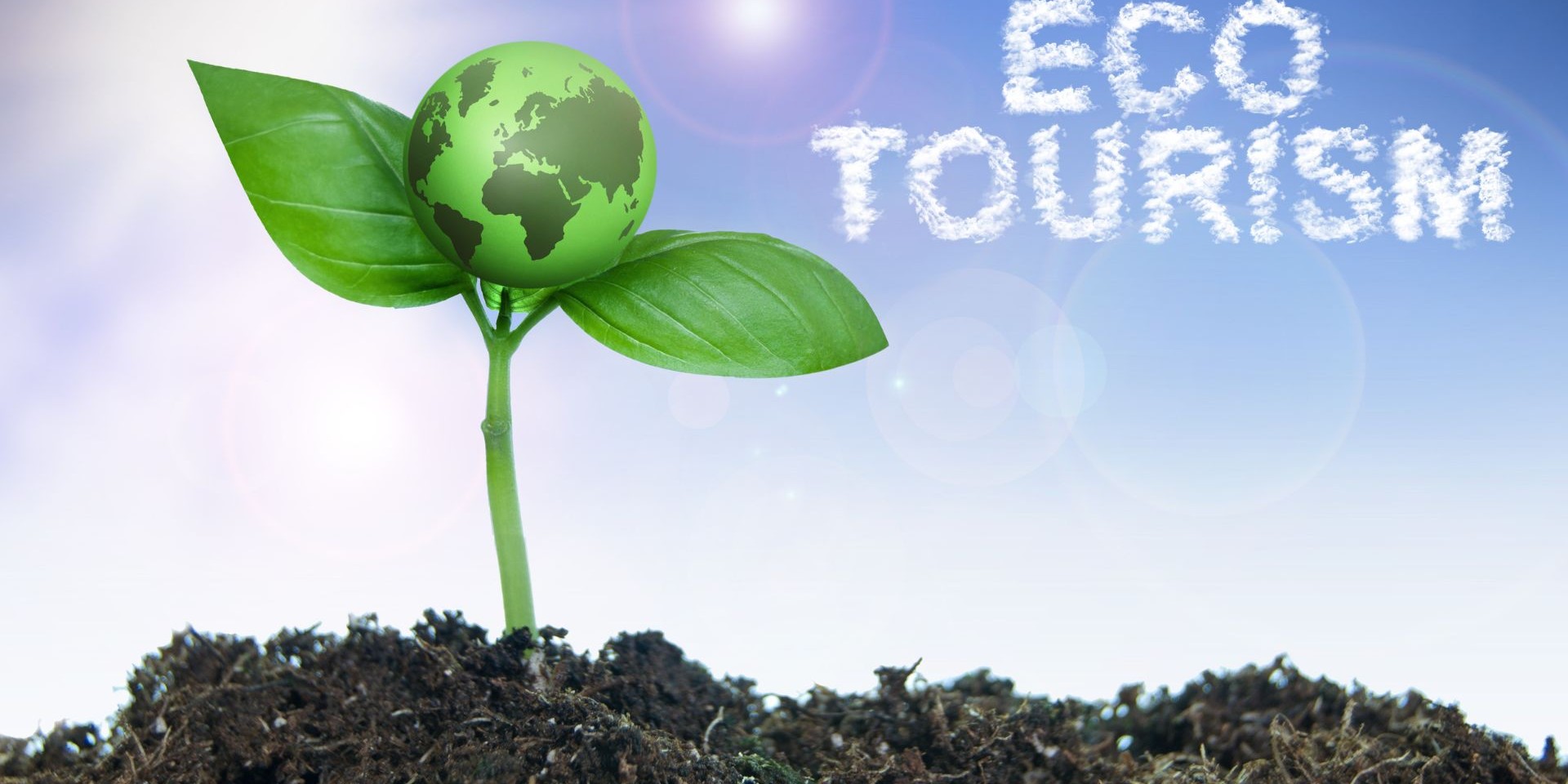Tourism is one of the most important economic sectors worldwide, directly contributing to the development of local communities.
However, unregulated tourism activity has caused serious environmental pressures, especially in sensitive areas. The overconsumption of natural resources, air and water pollution, coastal erosion, and the destruction of ecosystems are just some of the negative effects associated with mass tourism. Often, the absence of planning and control leads to phenomena of "tourism overload," which harm both the environment and the quality of life of residents.
One of the most significant problems is the carbon footprint generated by travel, especially by airplanes and private vehicles. At the same time, the increased demand for energy and water by hotel units—often located in areas with already limited natural resources, worsens the situation. Additionally, waste, plastics, and sewage from tourism businesses and visitors burden ecosystems and threaten local biodiversity.
The solution lies in promoting sustainable and responsible tourism. Ecotourism, agritourism, and other mild forms of tourism that respect the environment and the cultural identity of destinations can reverse the negative trend. Local authorities and businesses can implement management strategies such as sustainability certifications, investments in renewable energy sources, and the adoption of resource-saving practices. At the same time, informing and raising awareness among visitors is of critical importance.
Tourism does not have to be harmful to the environment. With proper planning, political will, and cooperation among stakeholders, it can become a driver of environmental protection and social cohesion. Greece, with its wealth of natural beauty and cultural heritage, has all the prerequisites to become a global model of sustainable tourism.

